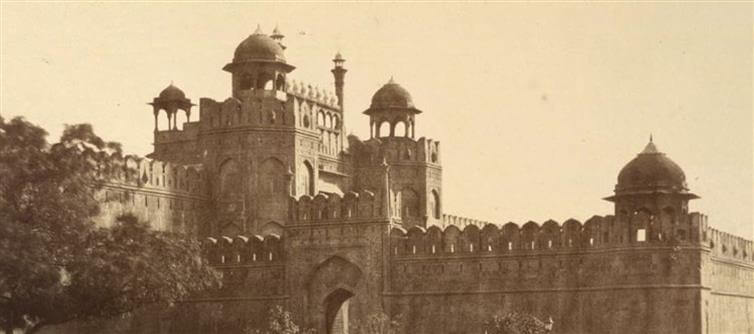Every year on 15
august i.e. on the occasion of Independence Day, the
prime minister of the country hoists the tricolor at the
red Fort. The
red fort is a symbol of India's pride and glory, which contains the saga of Mughal architecture and the freedom struggle. On the occasion of Independence Day, our national flag tricolor is hoisted with pride at the
red fort in Delhi. But do you know who lived in the
red fort after the 1857 revolution. Who made it their home? Let's know.
History of
red Fort
The
red fort was built by Mughal emperor Shah Jahan in the 17th century. This
fort was built as a symbol of the power and grandeur of the emperor. This
fort has been the center of power since the beginning. The
red fort has served as the
capital of the Mughal Empire till 1857. In such a situation, it is an important symbol of the
history of India. The
british captured it and hoisted their flag. When the country became independent on 15
august 1947, India's first
prime minister Pandit
jawaharlal nehru hoisted the national flag of
india for the first time from the ramparts of the
red fort by removing the flag of the
british rule and started independent India.
Who built the
home after the 1857 revolution
In 1857, there was a nationwide rebellion against the British. In May, there was a rebellion from
meerut and the rebels captured the
red Fort. But after 4 months, the
british captured the fort. The
british started using it as their military headquarters. Many royal palaces and gardens built inside the
fort were destroyed. About 80 percent of the pavilions and structures were demolished by the
british and the
fort turned into a military cantonment. During this time,
british soldiers and officers were stationed in the
red Fort.
How did the name
red fort come about?
Being made of
red stones, it came to be called the
red fort but its other name was Qila-e-Mubarak. The Mughal family lived in the
red fort for 200 years but after the 1857 revolution, the
british took over.
The
red fort is not just a building but a symbol of India's independence and pride. It reminds us of the sacrifices of our freedom fighters every year. Many memories related to the freedom struggle are preserved here. The
red fort not only holds historical importance, but its huge ramparts and Diwan-e-Aam make it suitable for national celebrations.





 click and follow Indiaherald WhatsApp channel
click and follow Indiaherald WhatsApp channel